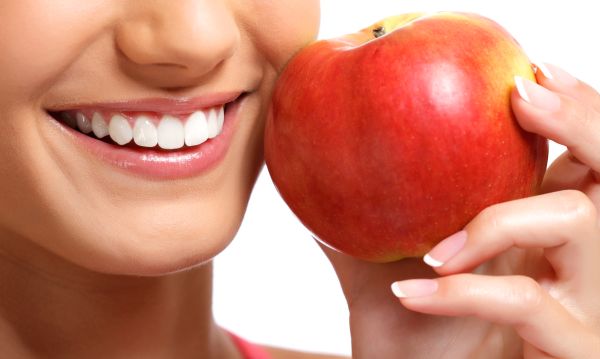Negative Effects of Mouth Breathing

The term "mouth breathing" is sometimes thrown around as slang, but did you know that there are actually negative effects that mouth breathing can have on your health? Whether researching for yourself or your child, this is an important topic to become aware of.
What are causes of mouth breathing?
Whether young or old, anybody is susceptible to conditions that cause or worsen mouth breathing. Here are examples:
Crooked teeth
Crooked teeth can make breathing through your mouth easier or unavoidable. If your teeth are very crooked, it becomes hard to block air flow moving through your mouth so you can redirect it to your sinuses.
A high palate
A high palate will make blocking the airflow through the mouth difficult. If you have a high palate, you are probably already aware due to the presence of difficulties chewing and breathing, or perhaps you have an orthodontic history of correction.
Narrow mouth
This is a structural issue similar to the other ones discussed.
Snoring
Snoring is a specific sign that you are probably mouth breathing when you sleep at night. If you wake up with a dry mouth, this is also a great indicator. Snoring usually occurs if there is a blockage of the nasal passages or a structural issue within the sinuses.
Blocked Sinus
Speaking of the structure of sinuses, they can become blocked very easily. An example of a structural or anatomical block is a deviated septum. Similarly, a nasal infection such as sinusitis can also lead to a nasal block. When this occurs, it becomes impossible to breathe through the nose, and sometimes mouth breathing occurs because the body has no other option.
So, why should I worry about mouth breathing?
It seems harmless, so why should I care? There are several reasons that have a direct impact on the health of your mouth, teeth, gums and even your entire body! Here is a summary of the benefits of breathing through your nose:
Warms the air
The nose acts as a filter to warm (or cool, in some cases) outside air before it reaches the lungs. The cells of the body have specific temperatures that they function best at, and if the outside air deviates from those optimal temperatures, then the body must expend energy to warm or cool it.
Humidifies the air
Similar to how the cells of the body have a "correct temperature setting," they also have a "moisture setting." Air that is too humid or not humid enough makes it difficult for the lungs to absorb oxygen and get rid of carbon dioxide (this is called gas exchange).
Increases nitric oxide (NO) content
Nitric oxide (NO) plays an important role in the breathing process. One of its primary functions is to expand blood vessels, which allows gas exchange to occur more easily. In a nutshell, if you breathe through your nose, you are getting more oxygen!
Request an appointment in our Albuquerque office here: https://familychoicedentistry.com.
Check out what others are saying about our services on Yelp: Read our Yelp reviews.
Related Posts
If you are thinking about wisdom teeth extraction, now might be the right time for this procedure. These third molars can create problems in the mouth, both cosmetically and for your health. It is often more sensible to take out the teeth before they ever emerge. Doing so can help you avoid many of the…
Wisdom teeth are notorious for not coming in well and leaving your mouth feeling crowded. There are other health concerns and cosmetic issues that can arise when these teeth are impacted. It should not be a surprise why dentists frequently recommend that these teeth come out, often before they erupt. If you decide not to…
Unlike other teeth, wisdom teeth do not show up until you are around age 20. Some people get them as early as age 17, while other people may not see them erupt until age 25. In either case, these third molars can cause troubling issues cosmetically and for your oral health. Your dentist will examine…
Dental crowns play a central role in modern restorative dentistry, offering durable protection for damaged teeth while restoring natural function. Anyone preparing for this treatment benefits from understanding the steps involved in the dental crown process and the advantages it provides.The dental crown process begins with an examination performed by a dental professional. During this…
